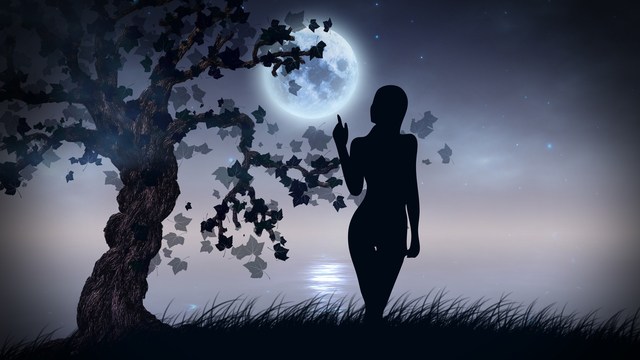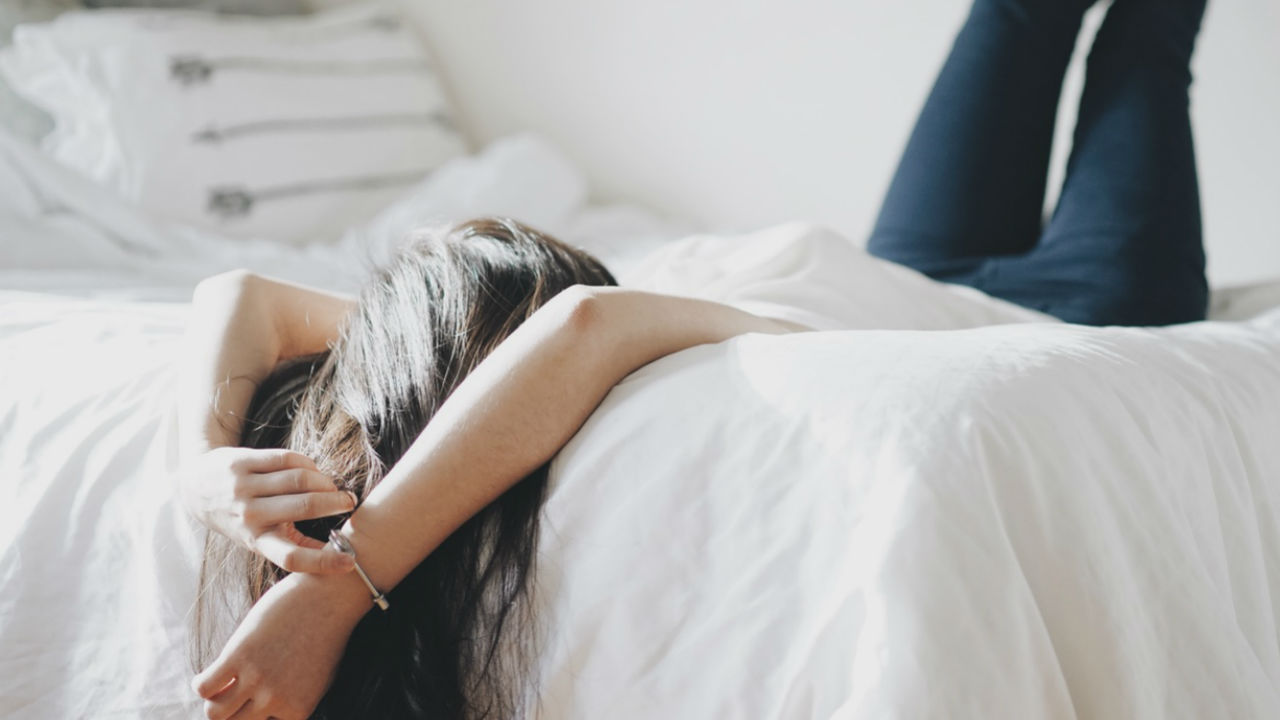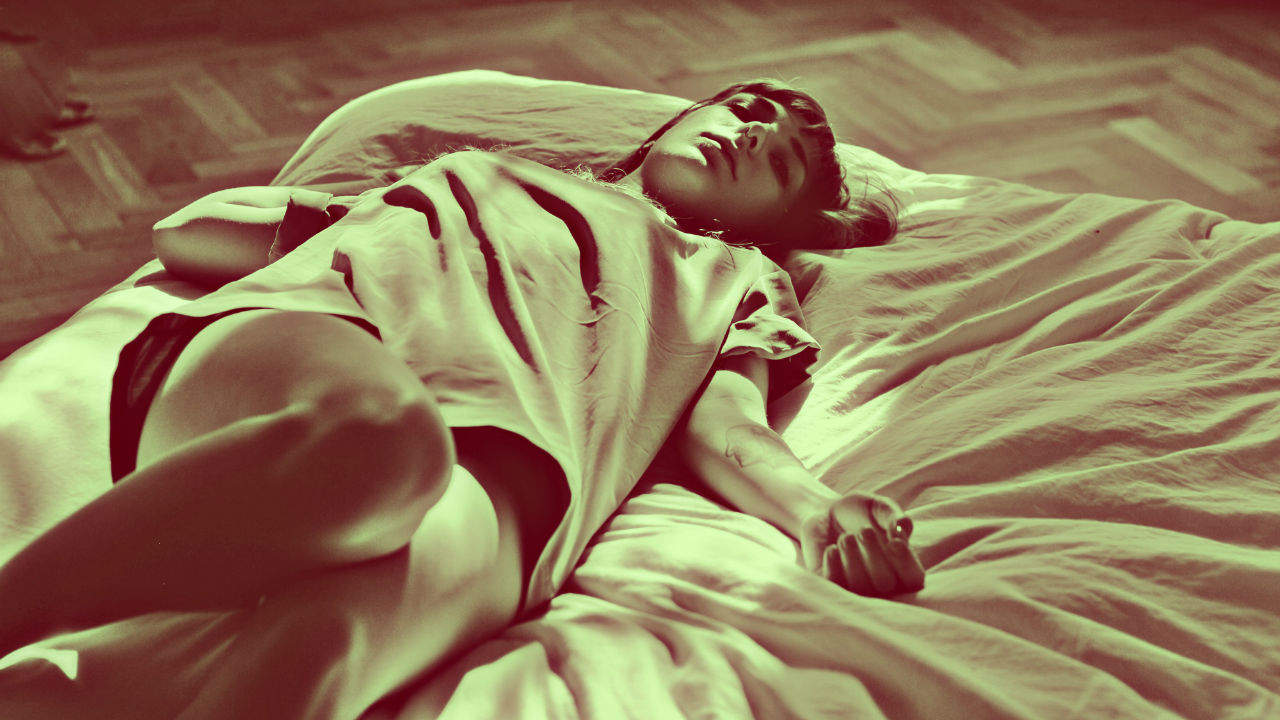 Anna Pavlova/PhotoSpin
Anna Pavlova/PhotoSpin
It was a grand experiment. Psychiatrist Thomas Wehr gathered a group of people together in the 1990s and left them in the dark 14 hours a day, for a month. After four weeks, people had developed a particular sleeping pattern.
They slept for four hours at the beginning of their 14 dark hours around 8 p.m., woke for an hour or so some time after midnight, then slept again for four more hours.
This pattern of sleeping, waking up then sleeping again is known as biphasic sleep. Wehr believed that this would be the normal pattern for most people if artificial light were not a part of our lives.
Publication of these results didn't change anything in society at large, where we've all been pretty much convinced that we're supposed to be getting an eight-hour block of sleep every night.
Historian Roger Ekirch of Virginia Tech published a paper in 2001 that supported Wehr's findings from a decade earlier. His research on historical sleep patterns was extensive, spanning 16 years.
Ekirch later published a book called "At Day's Close: Night in Times Past" which contains more than 500 references drawn from court records, diaries, literature and medical books.
He found that people would drift into first sleep two hours after the sun went down. They would awake and stay up for an hour or so, and then go back to sleep.
During the wakeful period in the middle of the night, people tended to get up out of bed, perhaps read, write, pray, visit, and sometimes have sex, with each other.
One medical book from the 1500s recommended that sexual intercourse be engaged in after they woke from the first sleep. The participants would be rested and would enjoy it more, the doctor suggested.
Late in the 1600s, Ekirch found that there were fewer allusions to first and second sleep in the writings he researched. Over the next two centuries, the ideal of eight solid hours of sleep gradually became the norm.
By early in the 20th century, biphasic sleep had become a notion that was unheard of.
Historian Craig Koslofsky wrote in his book "Evening's Empire" that when Paris lit its streets with glass lamps holding wax candles, in the late 17th century, a new trend began. Other cities in Europe followed suit, using oil lamps.
"People were becoming increasingly time-conscious and sensitive to efficiency, certainly before the 19th Century," Ekirch said. "But the industrial revolution intensified that attitude by leaps and bounds."
The advent and expansion of electricity use in our homes, towns and cities became a enormous factor in this change of habit. So would the upswing in coffee houses where people would gather in the evenings, sometimes staying up all night. Rest no longer ruled the night for most people.
So the next time you find yourself waking up in the middle of the night, see if you can take some comfort from the idea that this is how people are wired for sleep. Maybe you don't have a problem after all, maybe it's just human nature.
That thought may not leave you feeling any more rested but you might see yourself as part of a long and venerable tradition.
Sources:
The myth of the eight-hour sleep. BBC.com. Retrieved Oct. 7, 2014.
http://www.bbc.com/news/magazine-16964783
End Your Insomnia: The New Shift in Sleep. More.com. Retrieved Oct. 7, 2014.
http://www.more.com/health/wellness/end-your-insomnia-new-shift-sleep
Visit Jody's website at http://www.ncubator.ca
Reviewed October 9, 2014
by Michele Blacksberg RN





Add a CommentComments
There are no comments yet. Be the first one and get the conversation started!